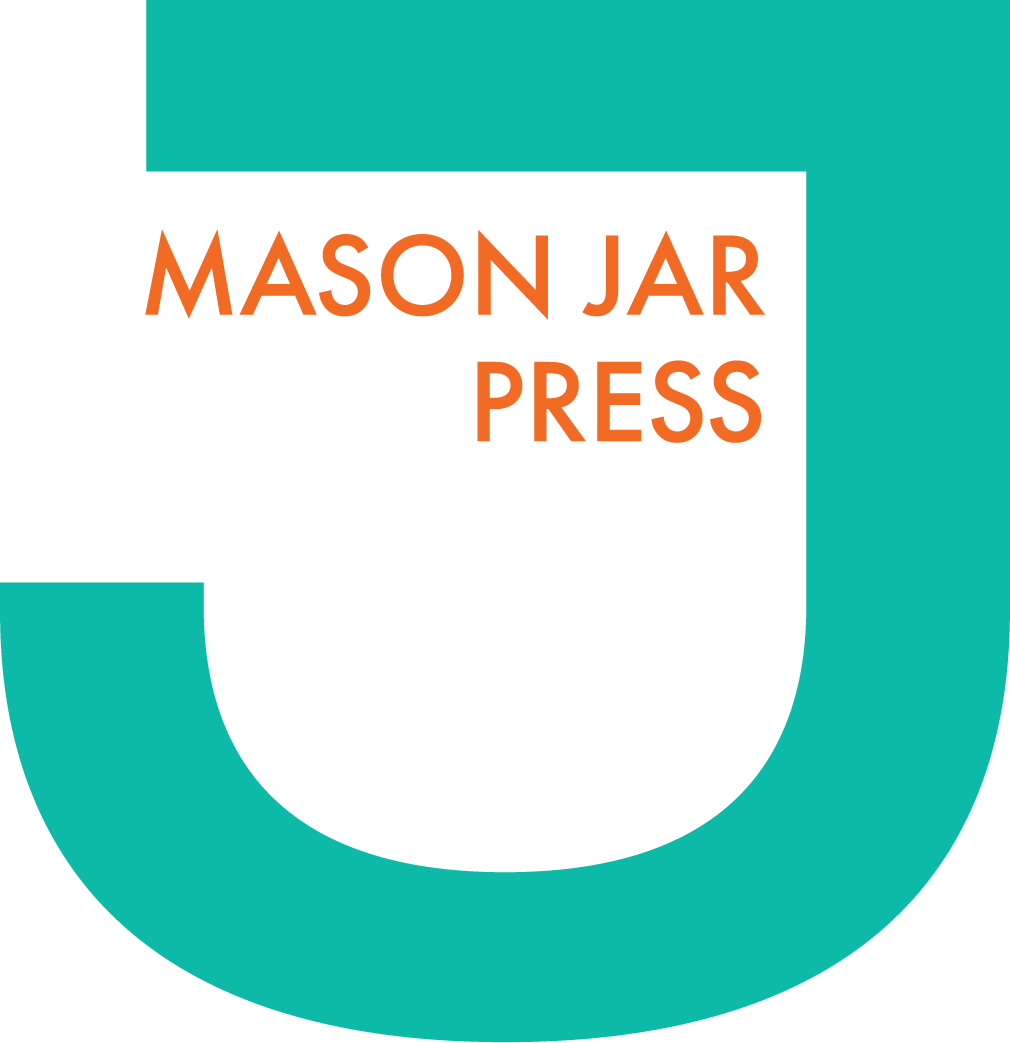Our Story
Mason Jar Press is an independent publisher of fiction, poetry, nonfiction, and literary art that mixes it up. We amplify fresh voices and promote bold work that pushes the boundaries of literary norms. We believe literature should not only sustain readers but also inspire their curiosity to examine the status quo.
Founded in Baltimore by Ian Anderson in 2014, Mason Jar Press had modest beginnings, publishing handmade and limited-run chapbooks. The press now publishes full-length books of prose, poetry, and everything in between, including a semiannual literary journal, Jarnal. We especially look to publish and promote both established and emerging writers from previously overlooked or underrepresented groups, such as the BIPOC and LBGTQ+ communities, in addition to translations from underrepresented languages, with a focus on those from the global south.
Mason Jar Press entered a new era in 2025 as a 501(c)(3) nonprofit organization.
Our Staff
Sarah Daniels | Publisher & Executive Director
Mike Shattuck | Managing Editor
Christian H. Morales | Assistant Managing Editor
Heather Rounds | Executive Editor
Celeste Doaks | Executive Poetry Editor
Steph Sundermann-Zinger | Creative Director, Jarnal Editor-in-Chief
Brenna Ebner | Public Relations Manager
Elizabeth Deanna Morris Lakes | Copyeditor, Associate Editor
Andrew Klein | Book Designer
Breasia Boyd | Associate Poetry Editor, Jarnal Managing Editor
Justin Sanders | Associate Editor
Taylor Lynn | Associate Editor
Ally Waldon | Associate Editor
Shay Potter | Editorial Assistant
Michael B. Tager | Editor-at-Large
Land Acknowledgement Statement
We acknowledge the lands and waters now known as Baltimore City are the home of its first peoples: the Cedarville Band of Piscataway Indians, Choptico Band of Indians, Piscataway Conoy Tribe, Piscataway Indian Nation, Susquehannock Indians, and tribes in the Chesapeake watershed who have seemingly vanished since the coming of colonialism. We acknowledge that this land is now home to other tribal peoples living here in diaspora. We acknowledge the forced removal of many from the lands and waterways that nurtured them as kin. We acknowledge the degradation that continues to be wrought on the land and waters in pursuit of resources. We acknowledge the right of the land and waterways to heal so that they can continue to provide food and medicine for all. We acknowledge that it is our collective obligation to pursue policies and practices that respect the land and waters so that our reciprocal relationship with them can be fully restored.
We also acknowledge the people, enslaved and exploited, who did and do work on this land, enabling us to live. We recognize that our current systems are often unjust, that the comfort of many still rests upon the sufferings of others.
For more information about this Land Acknowledgement Statement, please visit https://msac.org/resources/land-acknowledgements

